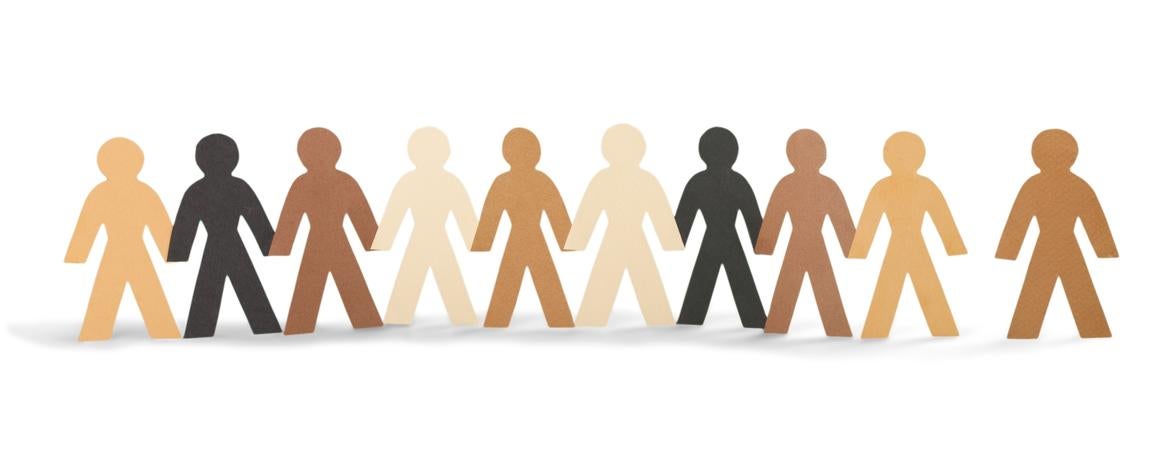
“Two pandemics that health researchers are talking about are COVID-19, a global pandemic, and racism as the second pandemic, and how they are interwoven together,” said UCR associate professor of psychology Aerika Loyd, in a podcast episode with the UCR School of Public Policy.
A recent New York Times article stated that based on data the COVID-19 pandemic has disproportionately affected minority populations in the United States. Minority communities also represent a majority of essential workers. In the podcast episode Loyd answers why this is so and what needs to be done to improve race relations and end racism in America.
According to her profile, Dr. Aerika Brittian Loyd “is an interdisciplinary, community-engaged developmental scientist, who employs psychology, human development, and prevention science theories to understand how intersections of race, ethnicity, gender, and identity inform health and development for youth and young adults of color (e.g., African American and Latinx).”
“As a woman of color, the topics discussed in this podcast are dear to my heart,” said Arleth Flores Aparicio, junior public policy major, who interviewed Loyd. “The Black and Latino communities have had enough with racial inequities and COVID-19 has shed a light on the health, mental, educational issues communities of color endure every day.”
Launched in 2020, the UCR School of Public Policy podcast series explores current public policy issues with guests from throughout the policy world. Episodes are accessible via Spotify, Apple Podcasts, and Anchor. More information is also available through the UCR School of Public Policy podcast page.